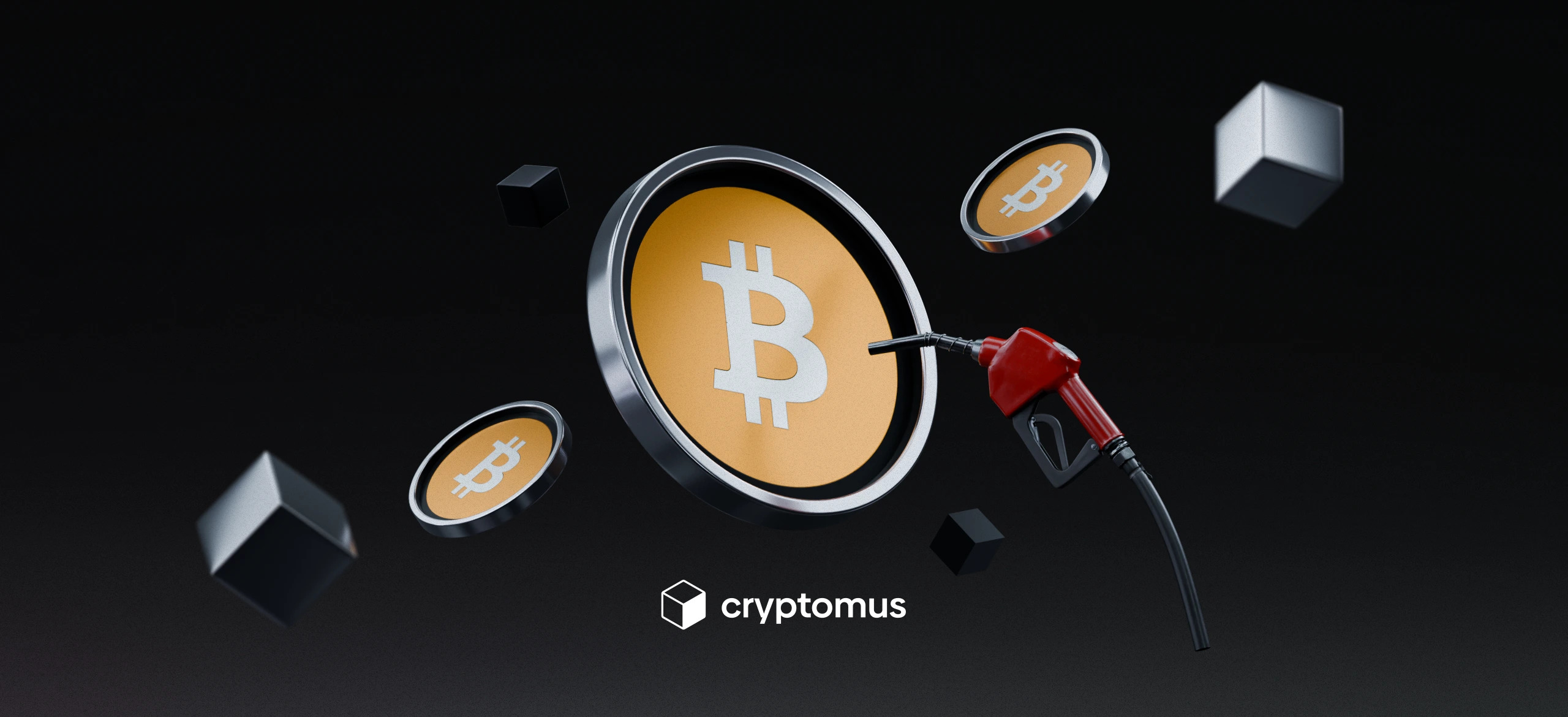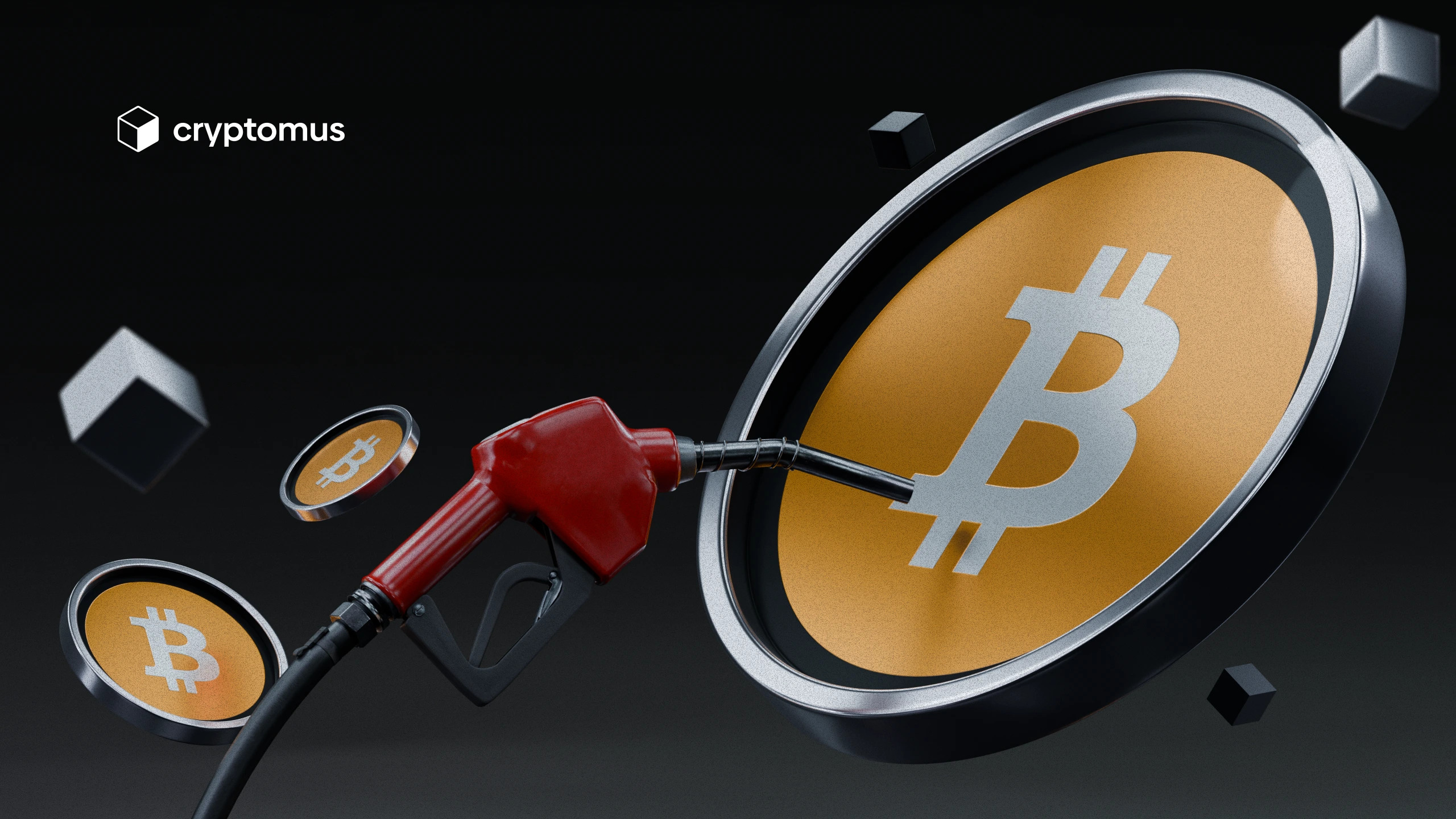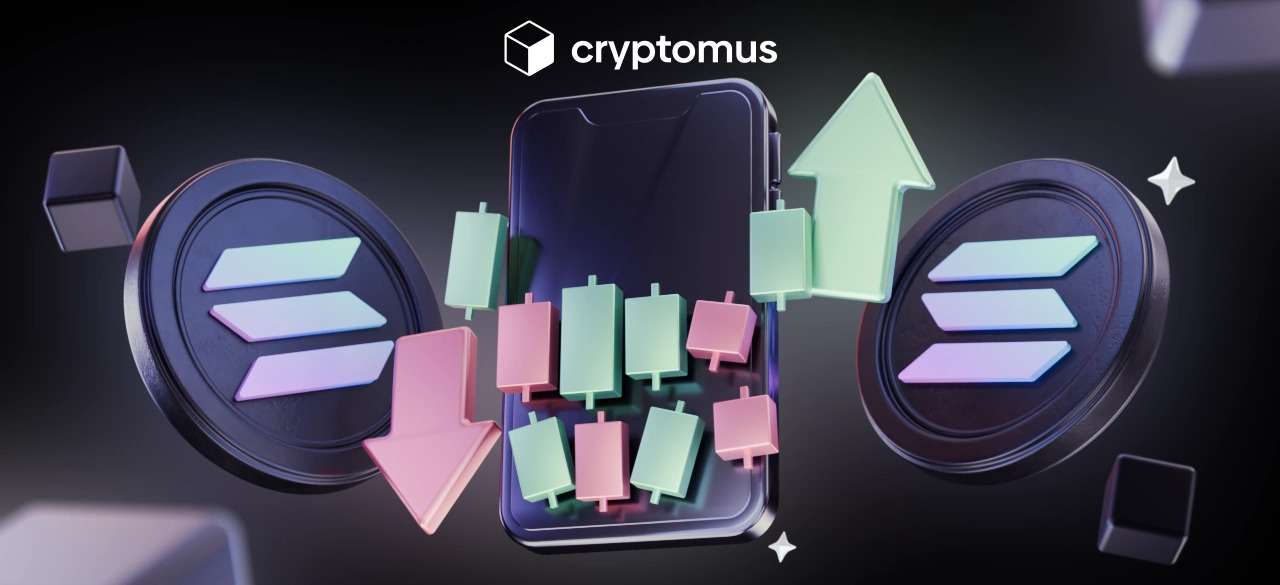
What Are Gas Fees in Crypto
Table of Contents
Gas fees in crypto are used for conducting transactions and maintaining the blockchain integrity. Essentially, this is a standard network fee, but applying under certain conditions. In this article, we tell more about gas fees, explain how the price is formed and how to reduce it, and share platforms for tracking commissions.
What is a Gas Fee?
A gas fee is a payment for executing a transaction, charged on networks that support smart contracts and decentralized applications (dApps), such as Ethereum (ERC-20) or Tron (TRC-20). These fees are paid in the blockchain’s native currency (in Ethereum, this is ETH, in Tron — TRX) and compensate miners and validators for verifying transactions. So, gas fees guarantee network security and incentivize its participants to maintain its integrity.
It is worth remembering that if you plan to send crypto on another blockchain, like, USDT, gas fees will be charged in the native currency of the network whose standard you are using. For example, when sending TRC-20 tokens on the TRON network, gas will be paid in TRX, and in the case of an ERC-20 transfer on Ethereum, it will be paid in ETH.
What Determines the Cost of Transaction Fees?
Now let's look at what determines the gas fees cost:
-
Transaction size. Processing transfers with big data amounts (large sums or a number of inputs and outputs) requires more computing resources, which increases the cost.
-
Transaction complexity. Transactions involving smart contracts also need more work and therefore higher fees.
-
Network congestion. When the network is actively used, fees increase as competition between transactions for inclusion in a block arises.
-
Manual price setting. In some networks, there is an opportunity to set the gas price by users themselves — the higher it is, the faster the transaction will be processed.
How to Reduce Transaction Costs?
You should also know how to reduce the gas fees for more cost-effectiveness:
-
Choose off-peak hours. Select periods of low network activity (such as non-working hours or weekends). During them, you can avoid high fees, which are usual for the congestion.
-
Use layer-2 solutions. These can be Arbitrum, Optimism, or Lightning Network. They process transactions off-chain — fees are significantly lower than on-chain there.
-
Send batch transactions. If you plan to make a few transactions, consider whether you can combine them into one. This solution will reduce the total data amount and lower commission.
-
Set a low gas price. If you can set the commission manually, set a low figure. This option is suitable if you do not need immediate transaction processing.
-
Optimize smart contracts. This is a more complex level, but it can also lower fees. This can happen due to reduced complexity and computational requirements.
-
Use services for reducing fees. Such platforms as Tronex Energy and Feee.io (TRON Energy Trading Platform), working for the TRON network, allow users to rent TRON energy to reduce fees, enabling transactions to be made without fees and the need to specify TRX. They also trade energy and increase throughput capacity.

How to Track Gas Fee’s Price?
To prepare financially for transactions, you can track gas prices in real time using the following platforms (with the example of two networks).
Ethereum Gas Trackers
The common platforms include:
-
Etherscan Gas Tracker. The platform provides real-time gas prices on the network, considering the current network load.
-
Blocknative Gas Estimator. This service predicts gas fees by analyzing pending transactions in the mempool.
-
QuickNode Ethereum Gas Tracker. The tracker not only provides online gas data, but also historical trends and even gas price estimates for various contract transactions.
-
Milk Road Gas Tracker. This platform displays gas fees in real time and provides a 7-day chart showing changes in cost.
TRON Gas Trackers
The common platforms include:
-
GasFeesNow (TRON USDT Gas Tracker) The platform provides both real-time and historical data of commissions, and accompanying charts showing trends.
-
Token Terminal This is the fee metric, which calculates the average cost of executing the transaction within a day.
-
Chaingateway (TRON Fee Calculator) With the calculator, you can count not only commissions, but also energy and throughput.
In addition to the platforms listed above, there are two other options for tracking gas prices: wallet applications and network tools. In the first case, gas fees are tracked via built-in tools in wallets — for example, they are available on Metamask and TrustWallet. There, the approximate fee amount is calculated automatically before the transaction confirmation. In the case of network tools, you can use special websites (such as BSCScan Gas Tracker for Binance Smart Chain or Solana Explorer for Solana), also helping track transaction fees.
Do you still have questions about gas fees? Ask them in the comments below, and we will definitely help you!
Simplify Your Crypto Journey
Want to store, send, accept, stake, or trade cryptocurrencies? With Cryptomus it's all possible — sign up and manage your cryptocurrency funds with our handy tools.
Get Started









